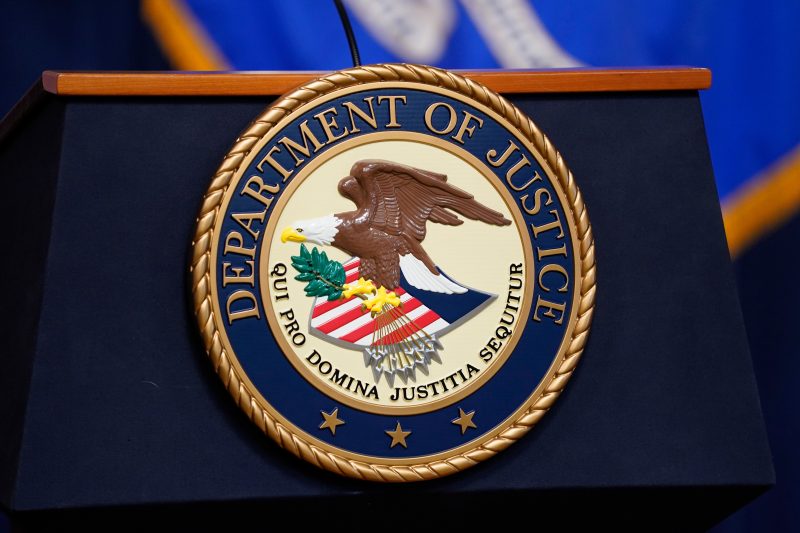Section 1: Understanding Gag Orders and Whistleblowers
At the heart of governmental transparency and accountability lies the role of whistleblowers. These courageous individuals play a vital part in bringing to light instances of wrongdoing, corruption, or misconduct within various organizations, including government agencies. However, whistleblowers often face significant challenges in their efforts to expose such behaviors, with gag orders being one of the foremost obstacles in their path. Gag orders are legal restrictions that prevent individuals, typically government employees, from discussing certain information – such as instances of malpractice or corruption – with the press or public. While these orders are meant to protect sensitive information, they can also serve to silence those attempting to expose the truth.
Section 2: The Impact of Gag Orders on Federal Whistleblowers
The continued presence of gag orders within federal agencies has raised concerns about the ability of whistleblowers to come forward and report misconduct without fear of retaliation. Not only do these orders hinder transparency and accountability, but they also create a culture of secrecy that can foster corruption and unethical behavior. By preventing employees from speaking out about wrongdoing, gag orders effectively shield perpetrators from scrutiny and perpetuate a cycle of misconduct.
One of the key concerns regarding gag orders is the lack of clarity surrounding their use and enforcement. Without clear guidelines and oversight, it becomes difficult to determine when such orders are necessary and justified. As a result, whistleblowers may be unfairly silenced or punished for attempting to expose misconduct within their organizations.
Section 3: The Need for Reform and Accountability
To address the issue of gag orders and their impact on federal whistleblowers, it is essential to implement reforms that promote transparency, accountability, and protection for those who come forward with valuable information. This includes establishing clear protocols for the use of gag orders, ensuring that they are only employed in situations where sensitive information truly needs to be protected.
Additionally, accountability measures must be put in place to prevent the abuse of gag orders as a means of silencing whistleblowers. Transparency and independent oversight are crucial in ensuring that these legal restrictions are not misused to cover up misconduct or shield wrongdoers from accountability.
Moreover, whistleblower protection laws should be strengthened to provide better safeguards for individuals who risk their careers and livelihoods to expose corruption and malpractice. By offering legal protections and avenues for reporting misconduct, federal agencies can encourage a culture of accountability and integrity within their ranks.
Overall, the issue of gag orders and their impact on federal whistleblowers highlights the need for robust reforms and protections to ensure that individuals are free to speak out against misconduct without fear of reprisal. By fostering a environment of transparency and accountability, we can work towards creating a culture that values and upholds ethical behavior at all levels of government.
